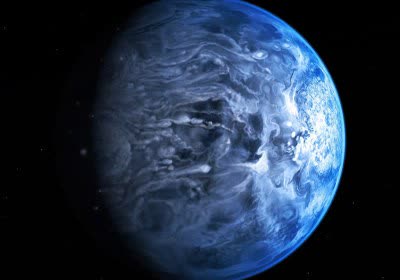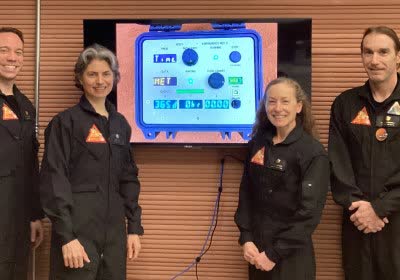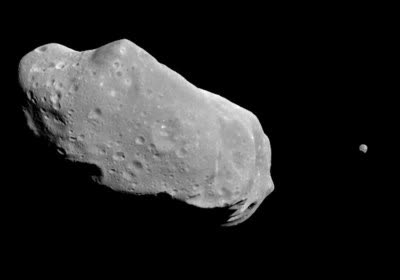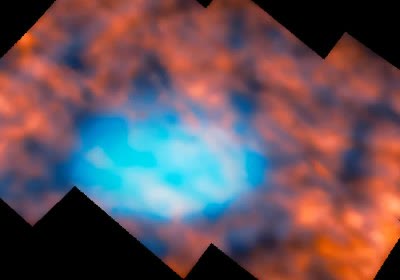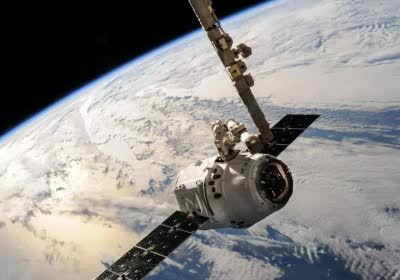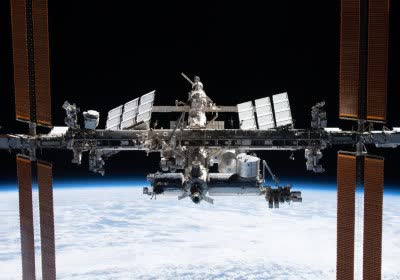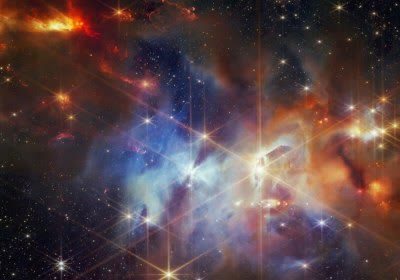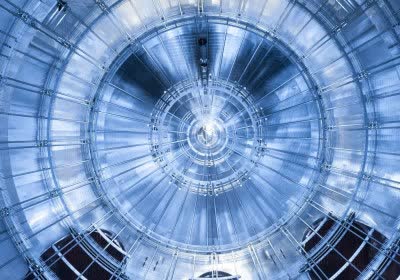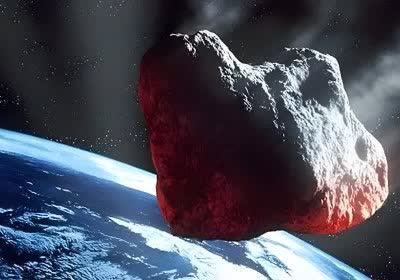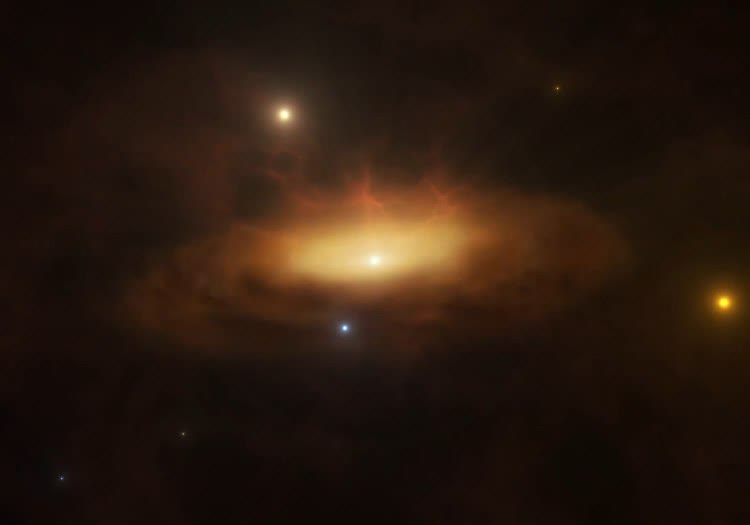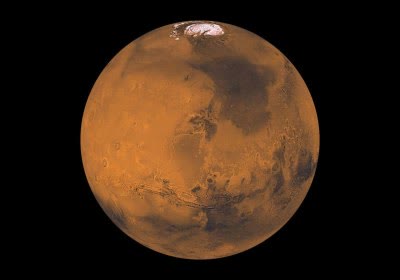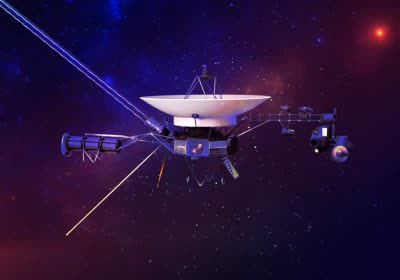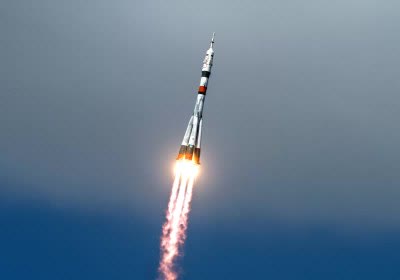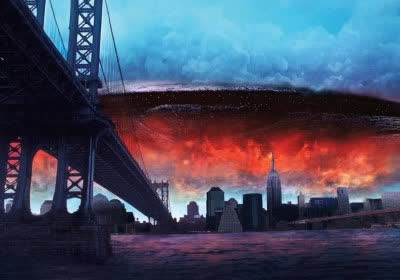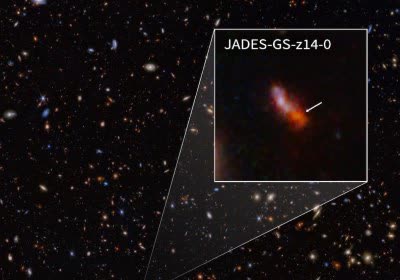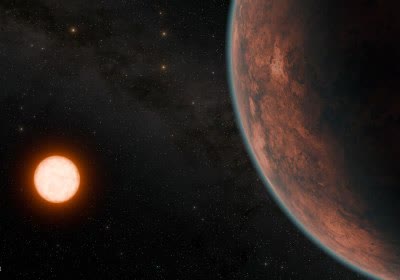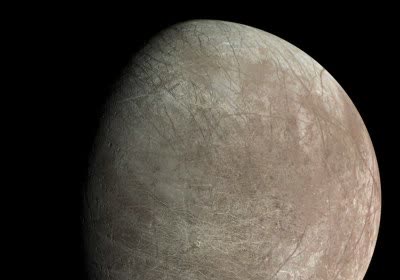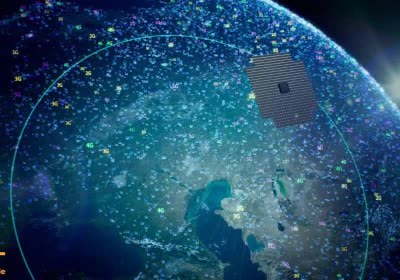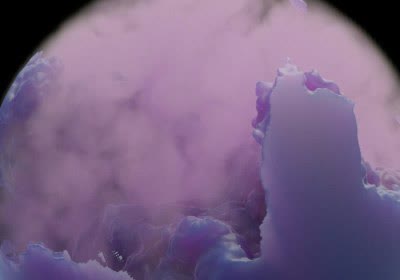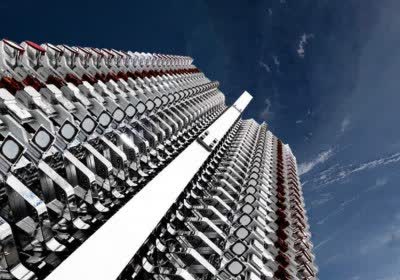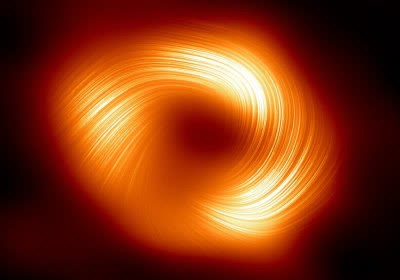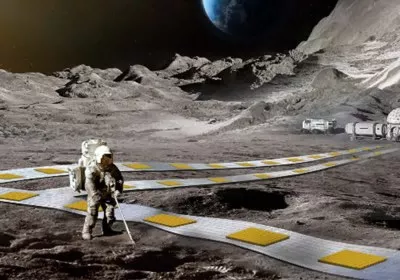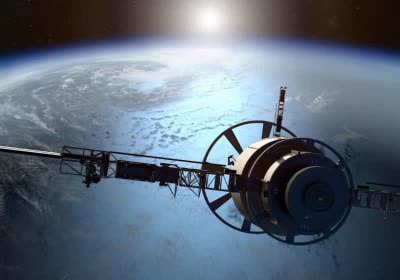First NASA mission focused on simulated Mars habitat ends with crew alive and well
The space agency is seeking data on the astronauts' wellbeing in a hostile environment
NASA snaps images of an asteroid large enough to have a moon of its own
A mile-wide asteroid with a baby
Jupiter's Great Red Spot packs a zestful surprise in its atmosphere
The planet's great storm just got even greater
"Data centers in space" is a concept that could actually work, study finds
Forward-looking: Data centers, the crux of all things digital, are also enormous energy and water hogs. While the industry has been putting in place more sustainable operating practices, they don't touch the eco-friendly benefits offered by another idea: data centers that operate in space. A new European study has found that not only is this concept technically feasible, but it could also eventually deliver a significant return on investment.
NASA selects SpaceX to help deorbit the International Space Station
NASA will bring the ISS down in a controlled deorbit
Death from above? Satellites could deplete ozone levels, research finds
Mega satellite constellations could be this century's ozone assassin
James Webb telescope's latest discovery: newborn stars emitting jets of gas in the same direction
The orbiting telescope keeps making significant scientific observations and discoveries
Underwater observatory possibly detected the most energetic neutrino ever
A far-reaching discovery in particle physics, if confirmed
NASA prepares for armageddon in simulated asteroid doomsday drill
How not to be extinct in 14 years seems to be the theme
Astronomers witness ultrarare real-time formation of a supermassive black hole
A similar occurrence is possible at the center of the Milky Way
Two airplane-sized asteroids will hurtle past Earth today
More are coming tomorrow and Friday
Humans who travel to Mars risk permanent kidney damage
A first-of-its-kind study shows that kidneys remodel and shrink during long space flights
The Voyager 1 space probe is fully operational again, NASA confirms
Space Wonder: Voyager 1 has been sending data and amazing photos of space back to Earth for almost 50 years now, and its job isn't finished. The probe was put "offline" by a computer issue a few months ago, but its remaining instruments are now back collecting information.
3D-printed engine by Indian startup takes rocket four miles into the sky
It's the world's first rocket engine to be 3D-printed in a single piece
Scientists investigate strange cosmic signal with unusual repeating pattern
It's probably not a countdown
Extraordinarily bright galaxy breaks the record for most distant celestial object ever observed
Webb astronomers say the light observed dates to less than 300 million years after the Big Bang
Astronomers discover potentially habitable Earth-sized exoplanet 40 light-years away
Gliese-12b is an ideal target for the James Webb Space Telescope
NASA's Juno images hint at shifting ice shell over Europa's underground ocean
A lot more than meets the eye with these images
AT&T wants to turn every smartphone into a satellite phone by no later than 2030
The first five satellites are slated for launch this summer
Astronomers discover "super fluffy" exoplanet with cotton candy-like density
The second-lightest planet ever observed
Analysts believe SpaceX's Starlink internet service is finally profitable
"Mind-blowing" growth in just five years
Here is what it would look like if you traveled into the event horizon of a black hole
Everything goes wonky when gravity is bending light around you
Editor's take: Black holes fascinate me. Nobody knows what goes on inside the cosmic maw. Math and physics break down as we get closer to the singularity, so we can only use our imagination to wonder what it's like on the inside, but that's okay. Theoretical cosmologist and physicist Professor Janna Levin once said, "Black holes are the ideal fantasy scape on which to play out thought experiments that target the core truths about the cosmos."
NASA is placing bets on a lunar rail system and cargo transit to Mars
NASA is funding conceptual projects straight out of science fiction
A humble Bluetooth device has successfully connected to a satellite in orbit
The signal spanned an astonishing 600 km

